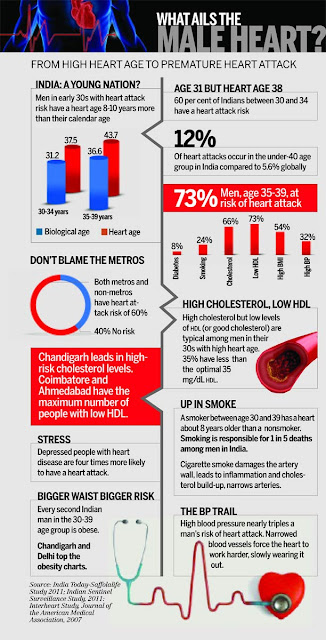Nuclear
What is a nuclear stress test ?
A nuclear stress test, sometimes referred to as a "cardiolyte" or "thallium" test, lets doctors see pictures of your heart while you are resting and shortly after you have exercised.
The test can show your doctor how well your heart is pumping blood and if the heart has any damaged muscle.
Nuclear stress tests can also give doctors information about your arteries and whether they might be narrowed or blocked because of coronary artery disease.
Nuclear stress tests can also give doctors information about your arteries and whether they might be narrowed or blocked because of coronary artery disease.
Radioactive agents, called “tracers,” are injected to produce an image of the heart. These agents are widely used and very safe.
Although nuclear testing is usually done in conjunction with an exercise stress test on a treadmill, it can also be performed using medications that simulate the effects of exercise on the heart.
Once the trackers have an opportunity to produce a clear image, a nuclear scan shows how well blood flows to the heart muscle; while the patient lies down on a table, a camera generates images of the heart’s blood flow both at rest and following stress.
These tests are proven to be safe.
Once the trackers have an opportunity to produce a clear image, a nuclear scan shows how well blood flows to the heart muscle; while the patient lies down on a table, a camera generates images of the heart’s blood flow both at rest and following stress.
These tests are proven to be safe.
Note that the amount of radiation you will receive is comparable to that from an X-ray. Cardiologists, nurses and technologists with expertise in nuclear cardiology supervise and analyze these tests.



Comments
Post a Comment